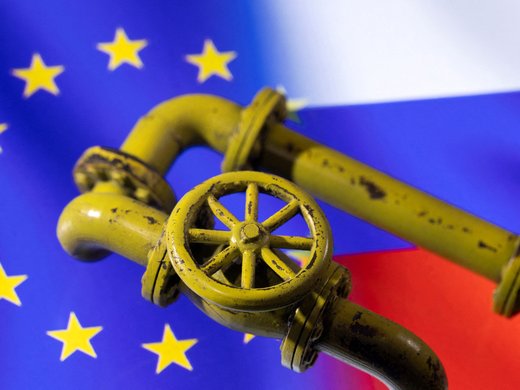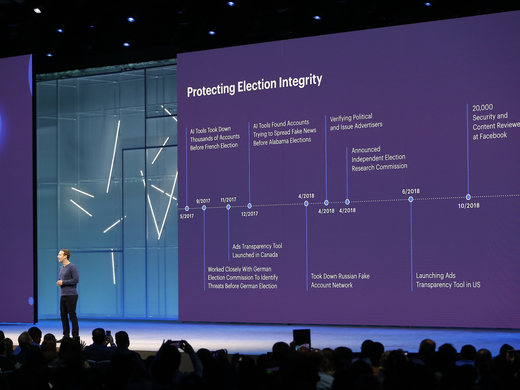In 2015 we may witness something almost never seen in Canada: an election with foreign policy as a major issue.
Both trade and geo-politics are going to be on the agenda. Dealing with Vladimir Putin will be as important as dealing with the premiers. Stephen Harper, Thomas Mulcair and Justin Trudeau will be judged on how they would represent our country in the world.
This is unusual. In Canada, elections are almost always about domestic issues: managing the economy; improving (or at least arresting the decline in) health care; environmental concerns.
I can think of only six federal elections where foreign affairs played a major role: 1911, when Wilfrid Laurier was defeated over his support for free trade with the United States; the epic election of 1917, in the midst of the First World War, when Robert Borden’s pro-conscription coalition defeated Laurier’s anti-conscription coalition; 1940, when Mackenzie King’s Liberals asked for and obtained a vote of confidence in their conduct of the Second World War; 1945, when conscription and post-war foreign policy were both major concerns; 1963, when John Diefenbaker’s refusal to accept nuclear-armed Bomarc missiles contributed to his defeat, and the Great Free Trade Election of 1988. In the other 35 general elections, foreign affairs played a minor role at best.
But in this election, the party leaders will spend a lot of time tussling over overseas issues. Consider trade. Next month, Canada and the European Union will release and then begin to ratify the Comprehensive Economic and Trade Agreement. The Conservatives will champion CETA as proof of their economic management skills. The Liberals fully support the accord. But what of the NDP? Thomas Mulcair refuses to take a stand until he has seen and studied the complete text. But eventually the NDP must say yea or nay.
Mulcair and his advisors want to support CETA, to show the party can be trusted on economic issues. But the NDP’s union backers are dead-set against it. UNIFOR, which represents auto workers, believes CETA will increase the sale of Volkswagons and Fiats in Canada, because many Canadians like small cars, but offer no help to GM and Ford, because Europeans don’t like big trucks. If Mr. Mulcair ultimately opposes CETA, he will be offside with the Conservatives and the Liberals, something both parties will attempt to use to their advantage.
Justin Trudeau has taken pains to ensure that there is not so much as a shaft of daylight between the Liberals and the Conservatives over the conflicts in Gaza and Ukraine. The NDP offers a more balanced approach, supporting Israel’s right to defend itself while criticizing what Mr. Mulcair considers excessive force in Gaza.
Nonetheless, expect Stephen Harper to contrast his leadership in foreign affairs to Mr. Trudeau’s more than to Mr. Mulcair’s. He will point out that he and Germany’s Angela Merkel are the only members of the G7 whose time in office stretches back to before the recession. He will remind voters that he was warning about Mr. Putin’s intentions long before Russia annexed Crimea. As Deveryn Ross astutely observed in the Winnipeg Free Press on the weekend we can expect television ads displaying Mr. Putin’s mug with the narrator asking whether you really trust Justin Trudeau to stand up to him.
The Liberals will counter that Mr. Harper has mishandled Canada-U.S. relations, especially over the Keystone pipeline, offended the Chinese (forcing Mr. Harper to backtrack on his China policy) and left Canada isolated in international forums.
In that sense, foreign affairs will matter, not because the Liberals and the Conservatives and the NDP have contrasting policies, but because they are offering different leadership styles. Mr. Harper will stress experience, competence and steadiness of purpose, while portraying Mr. Trudeau as a flibbertigibbet. Mr. Trudeau will promise to make Canada once again a respected player at the United Nations and the Commonwealth, while portraying Mr. Harper as a grouch. Mr. Mulcair will stress his experience as a cabinet minister and the NDP's more balanced approach to the Middle East.
The question will not centre on whether one leader supports this or the other opposes that. The real question, once again, will be: Who do you trust to mind the store?
Only this time, the question will apply to events overseas as well as at home.


